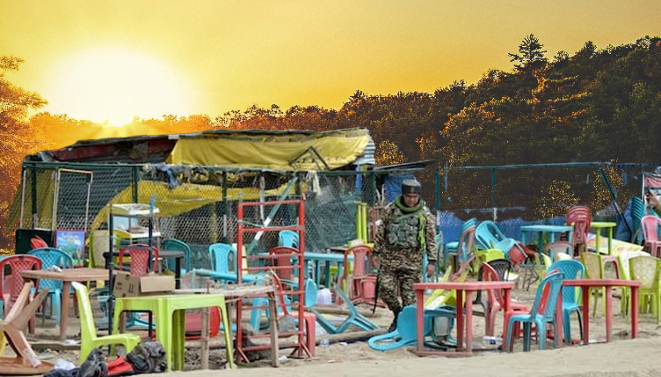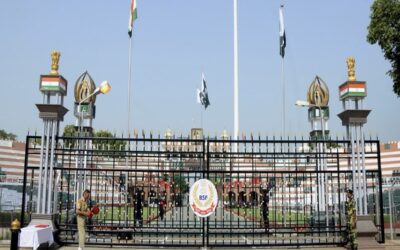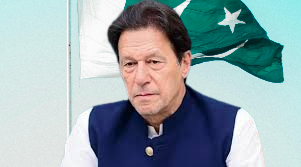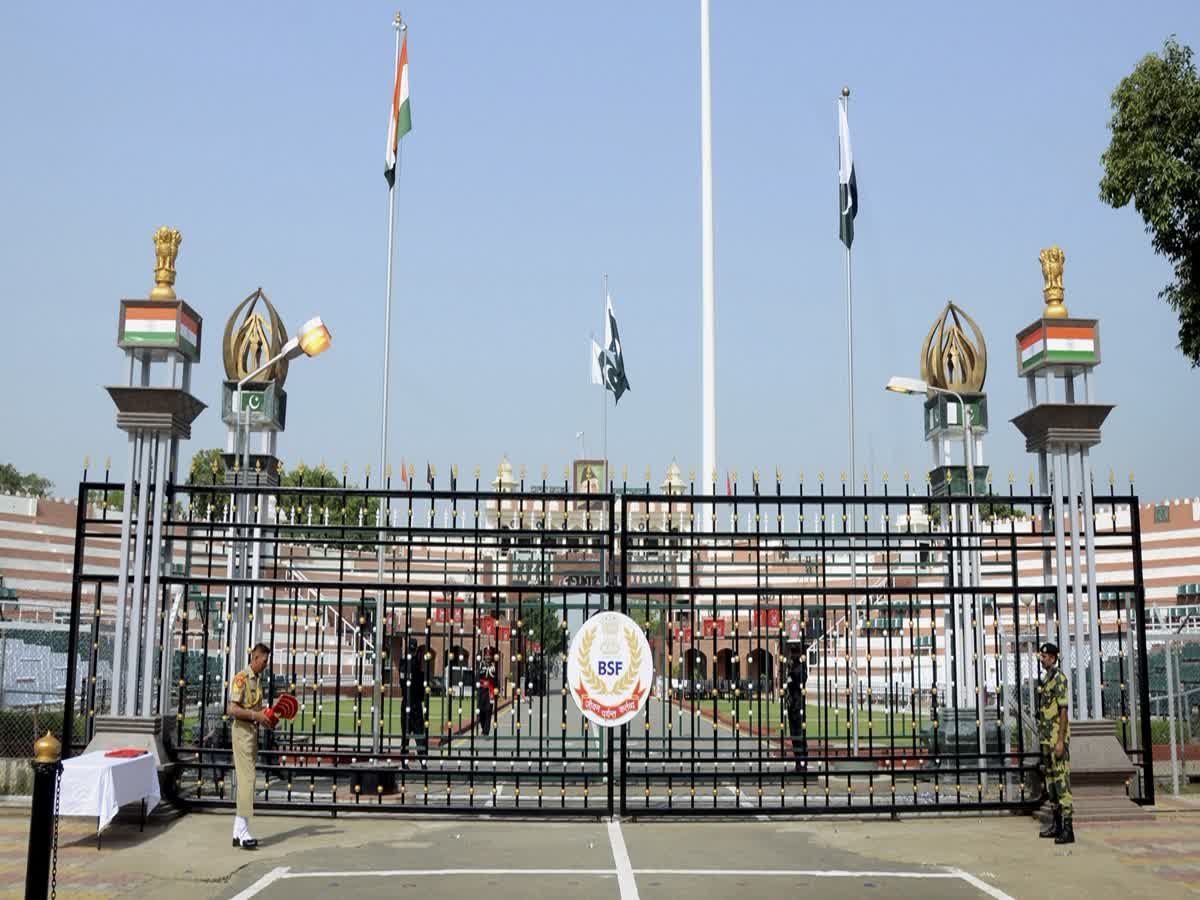India calls in a senior Pakistani diplomat and convenes an all-party meeting following the attack on tourists in IIOJK

Alleged militants have killed 26 men at a tourist site.
India plans to withdraw its defense attaches from Pakistan, stating that Pakistan’s defense advisors are considered persona non grata.
India has summoned the highest-ranking Pakistani diplomat to New Delhi, local media reported on Thursday, just a day after the Indian government announced steps to downgrade its relations with Islamabad.

This decision follows a significant deterioration in ties between the two nuclear-armed rivals, triggered by a deadly assault in Indian Illegally Occupied Jammu and Kashmir (IIOJK).
The situation escalated after suspected militants killed 26 individuals at a tourist site in Anantnag district, marking the deadliest attack on civilians in nearly two decades in the region.
Indian Foreign Secretary Vikram Misri stated that there was cross-border involvement in the incident. Consequently, New Delhi plans to suspend the longstanding Indus Water Treaty, a river-sharing agreement dating back six decades, and shut down the only land crossing between the two nations.
In addition, India will withdraw its defense attaches from Pakistan and reduce the number of staff at its Islamabad mission from 55 to 30, according to Misri.
Local media also reported that India has notified the top diplomat from the Pakistani embassy in New Delhi that all defense advisors at the Pakistani mission are deemed persona non grata and must depart within a week—one of the measures announced by Misri on Wednesday.
Indian Prime Minister Narendra Modi is scheduled to hold an all-party meeting on Thursday to inform opposition leaders about the government’s response to the attack.

Meanwhile, in Islamabad, Prime Minister Shehbaz Sharif is set to convene a meeting of the National Security Committee (NSC) to discuss Pakistan’s reaction, as noted by Foreign Minister Ishaq Dar in a post on X.
The Indus Water Treaty, brokered by the World Bank, divided the Indus River and its tributaries between India and Pakistan, establishing guidelines for water sharing.
Remarkably, it has endured even during conflicts between the two countries. Misri confirmed that India would hold the treaty in abeyance.
Diplomatic relations had already been strained prior to these latest developments, as Pakistan had expelled India’s envoy and had not appointed its ambassador to New Delhi following India’s revocation of IIOJK’s special status in 2019.
The attack on Tuesday is viewed as a setback for Modi and his Hindu nationalist Bharatiya Janata Party (BJP), who had promoted the revocation of IIOJK’s special status as a significant achievement aimed at bringing peace and development to the long-troubled Muslim-majority region.







